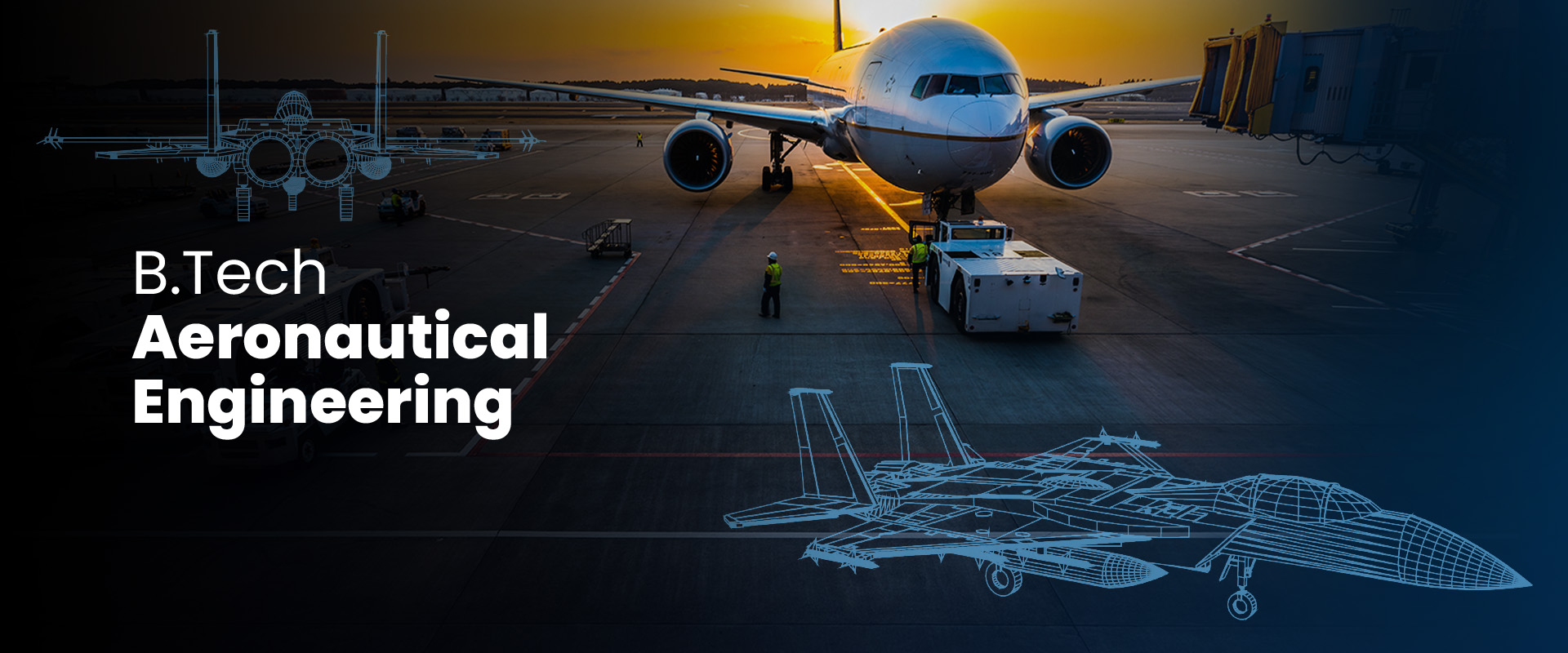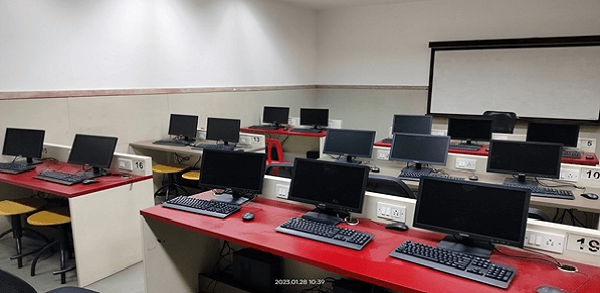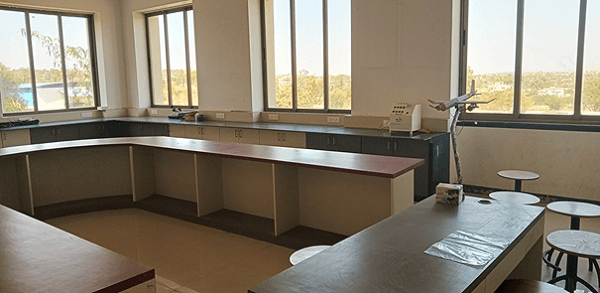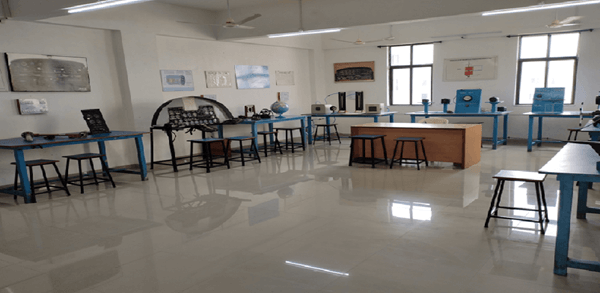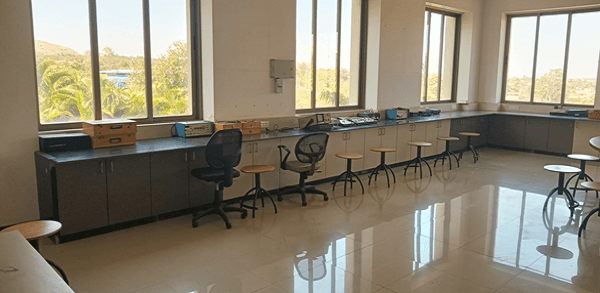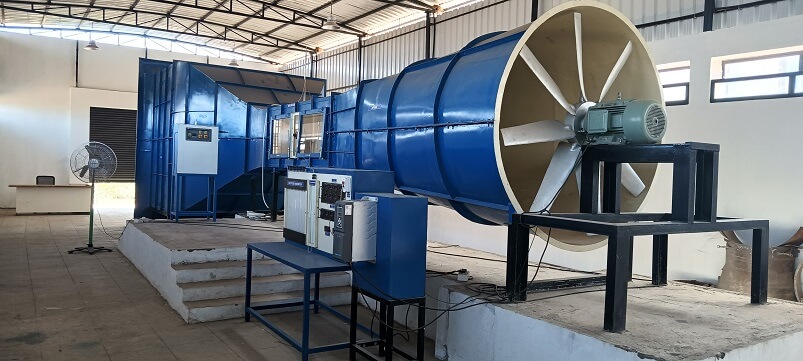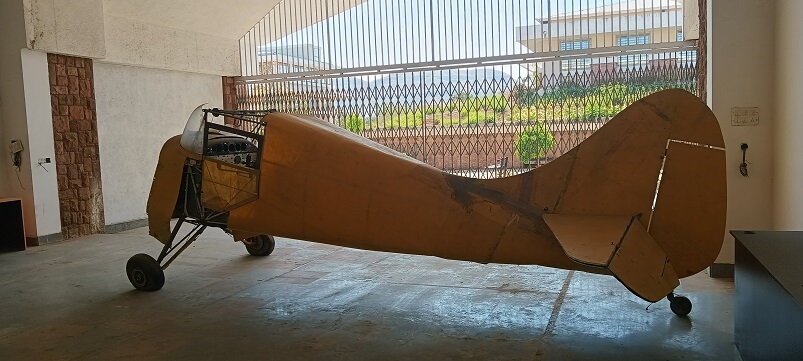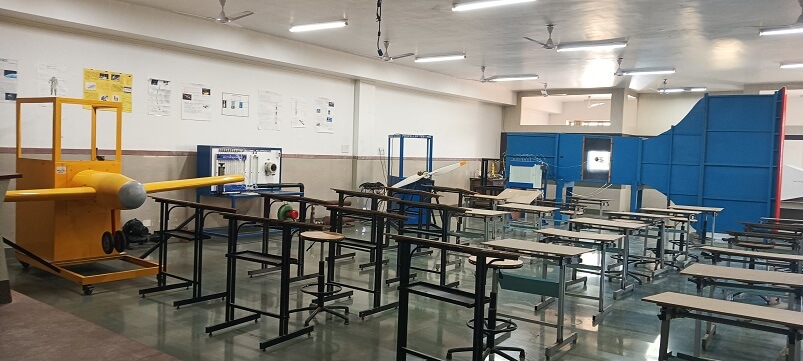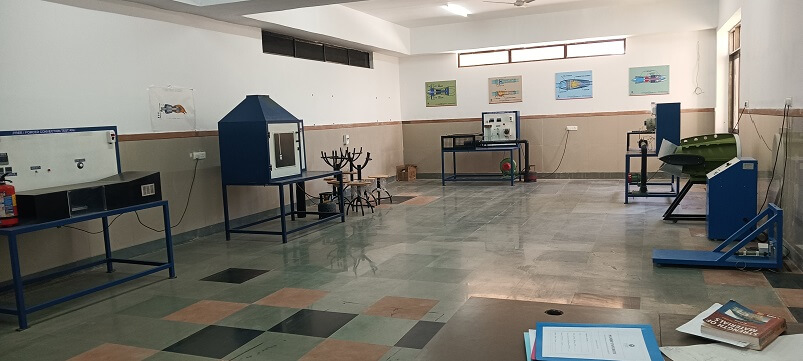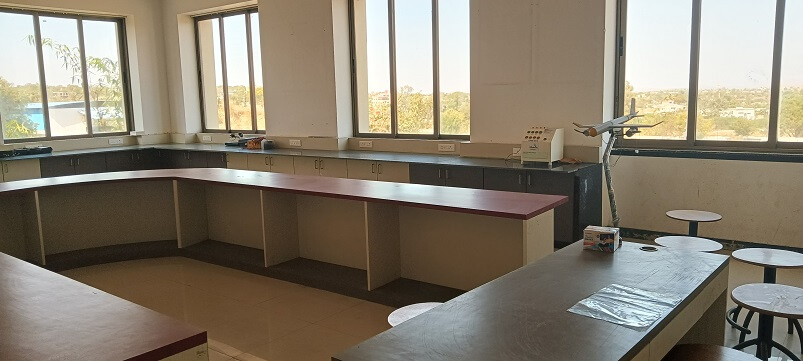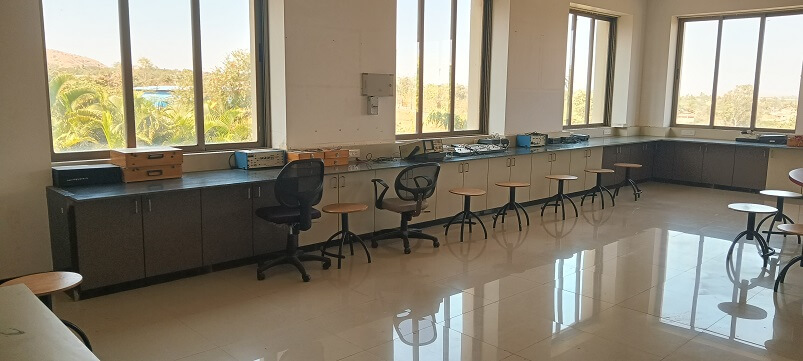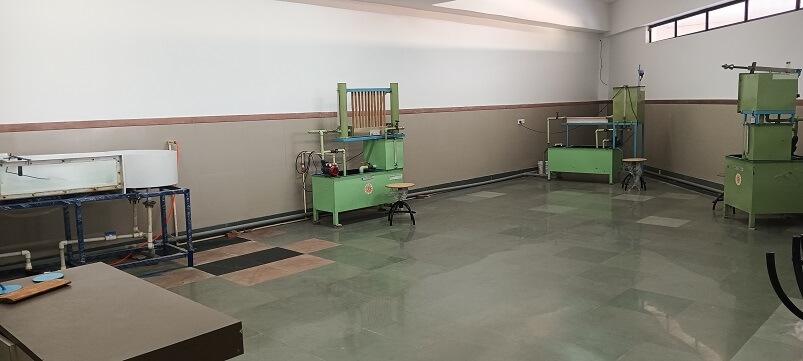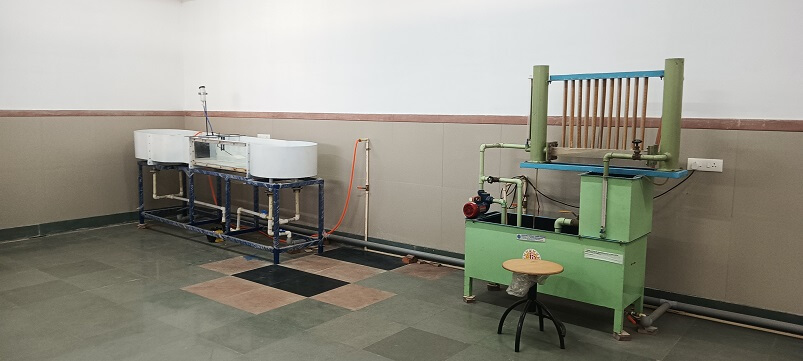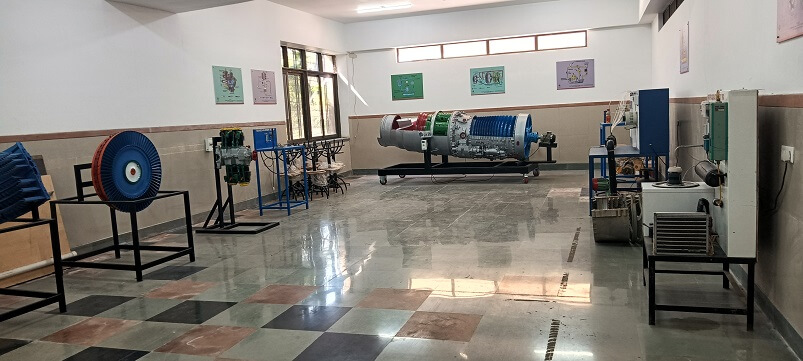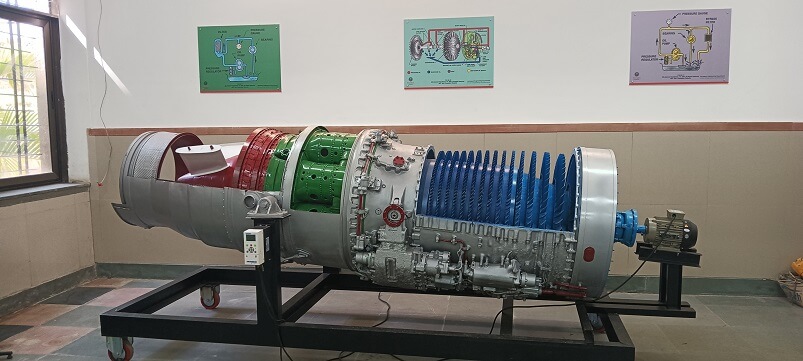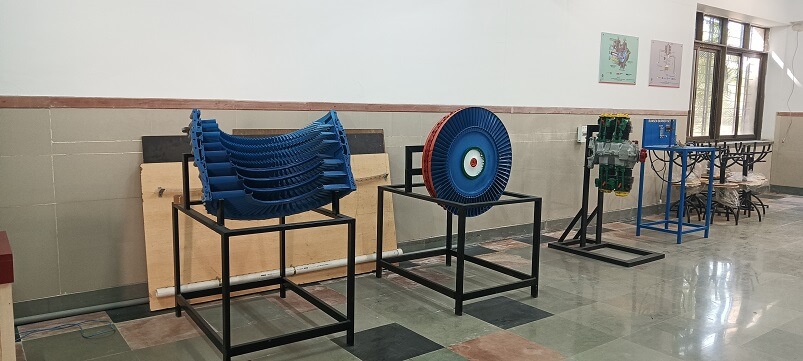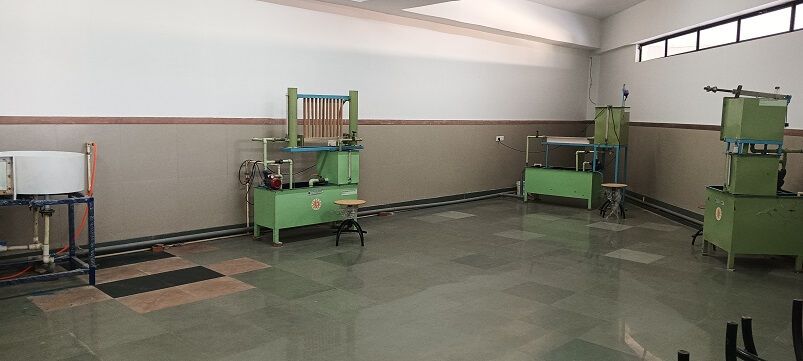About Aeronautical Engineering
Career Opportunities in Aeronautical Engineering

Aeronautical Engineer
Aeronautical engineers are generally responsible for designing, developing, testing, and manufacturing aircrafts, spacecrafts, and relevant flight equipment. These professionals also maintain safety compliance, and design feasible projects.

Aircraft Maintenance Engineer
An aircraft maintenance engineer is tasked with ensuring the safety and flight-readiness of an aircraft or spacecraft before flight. They have to examine, repair, test, and maintain different components of the aircraft or spacecraft before they are okay to fly.

Avionics Engineer
Avionics engineers specialise in designing, developing, testing, and maintaining the electronic and electrical equipment and systems within an aircraft or spacecraft. These professionals can have a background in electrical engineering.

Propulsion Engineer
A propulsion engineer specialises in conceptualising and developing engines and systems technology for defence equipment, spacecrafts, surveillance equipment, and aircrafts. These professionals work in close proximity to aeronautical engineers.
Fee Structure & Eligibility
| Programme | Sem | Year | Mode | Eligibility | Academic Fees Per Year (INR) |
Special Fees (Incl. Library Fee & Examination Fees) Per Year (INR) |
Fees Per Year |
|---|---|---|---|---|---|---|---|
School of Engineering & Technology (UG) |
|||||||
| B.Tech (Aeronautical Engineering) | 8 | 4 | Sem | Passed 10+2 examination with Physics/ Mathematics / Chemistry/ Computer Science/ Electronics/ Information Technology/ Biology/ Informatics Practices/ Biotechnology/ Technical Vocational subject/ Agriculture/ Engineering Graphics/ Business Studies/ Entrepreneurship as per table 8.4 Agriculture stream (for Agriculture Engineering) Obtained at least 45% marks (40% marks in case of candidates belonging to reserved category) in the above subjects taken together OR Passed min. 3 years Diploma examination with at least 45% marks (40% marks in case of candidates belonging to reserved category) subject to vacancies in the First Year, in case the vacancies at lateral entry are exhausted. (The Universities will offer suitable bridge courses such as Mathematics, Physics, Engineering drawing, etc., for the students coming from diverse backgrounds to prepare Level playing field and desired learning outcomes of the programme). |
Rs. 1,30,000/- | Rs. 10,000 /- | Rs.1,40,000/- |
Note:
- Admission Form and Prospectus Rs. 1000/- (One Time).
- Caution Money Rs. 1000/-
- Hostel Fees Rs. 1,10,000/- per annum + 5000 (Deposit Rs 5, 000 at the time of Admission only on refundable basis) Minimum 4 Occupancy
- Transportation Fees as applicable based on Route and Pick Up Point.
- Uniform Cost Rs. 6000/-

